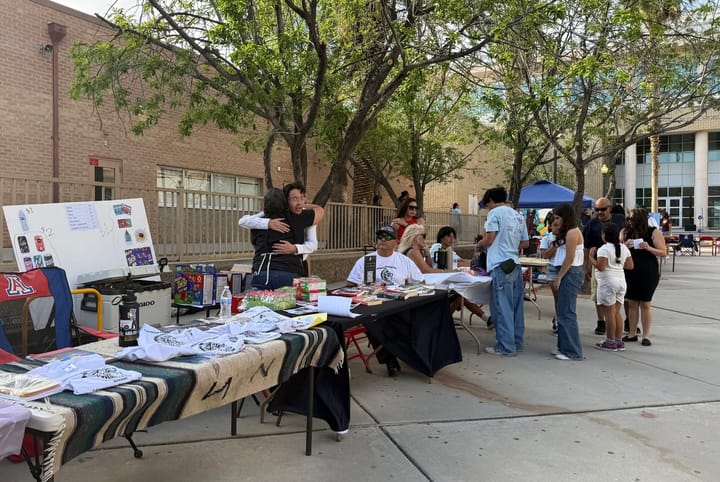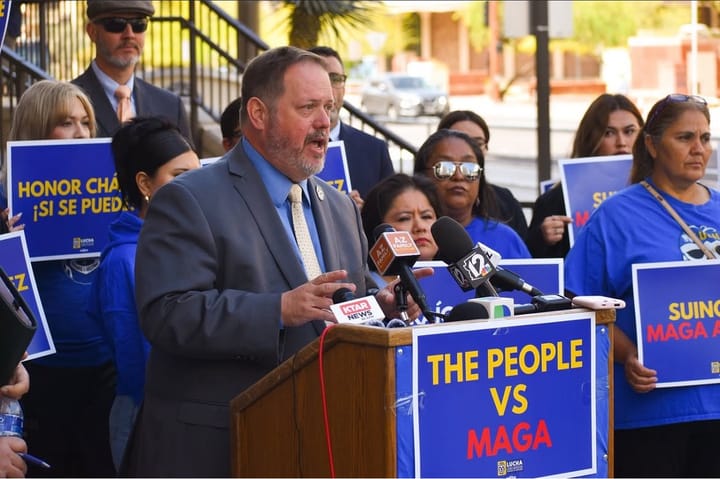Southside elementary esports team wins big with donated gear
A thriving esports program at C.E. Rose PreK-8 is helping students build confidence, teamwork and STEM skills while winning national competitions with minimal resources.
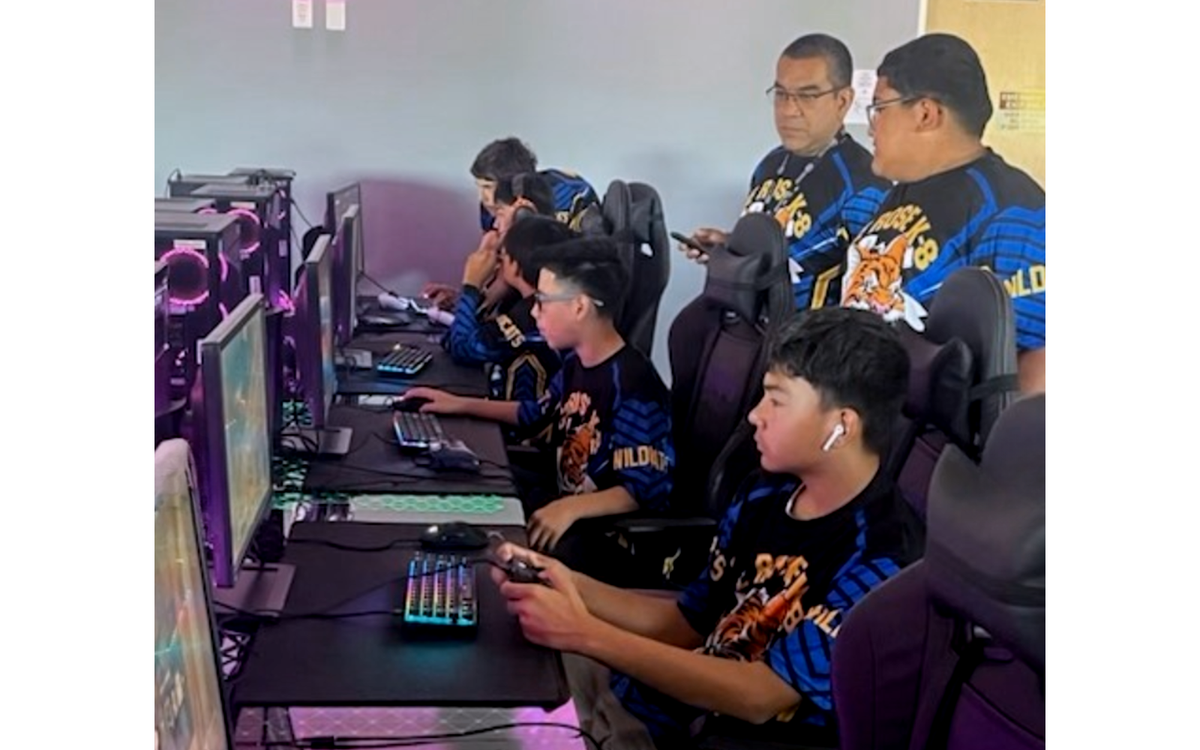
In a modest computer lab on Tucson’s south side, students are quietly rewriting the rules of success, one video game victory at a time.
Despite limited funding and the challenges of being a Title I school, C.E. Rose PreK-8 School’s young esports athletes are outplaying schools across the country, claiming national titles in tournaments and proving that talent, teamwork and determination can thrive anywhere, even without top-tier gear.
C.E. Rose’s esports success is thanks to two donated Nintendo Switch consoles and a donated Super Smash Bros. cartridge.
With those three items, the team brought home two national titles in tournaments last semester. With the spring season just kicking off, the team has its eye on another title.
C.E. Rose is the only K-8 school in the Tucson Unified School District to offer esports. Students code their own bots and compete as a team against other schools across the U.S.
The program allows students to experience different software, learn coding and gain hands-on experience in STEM fields.
Research has shown correlations between esports participation and higher standardized test scores. Schools that have integrated esports report improved attendance and overall student engagement, according to Generation Esports.
Esports can help students develop social skills, including teamwork and communication, and they attract and engage students who may not participate in traditional sports or activities.
Generation Esports reports that a significant percentage of students participating in esports identify as LGBTQ+.
C.E. Rose’s program began when computer science teacher Pat Ortega noticed how much his students enjoyed designing their own 16-bit video games.
“The students inspired me to search out something that they were interested in,” said Ortega, the school’s esports coach. “I started looking into esports and found that they were happening across the country, but not much in the Tucson area.”
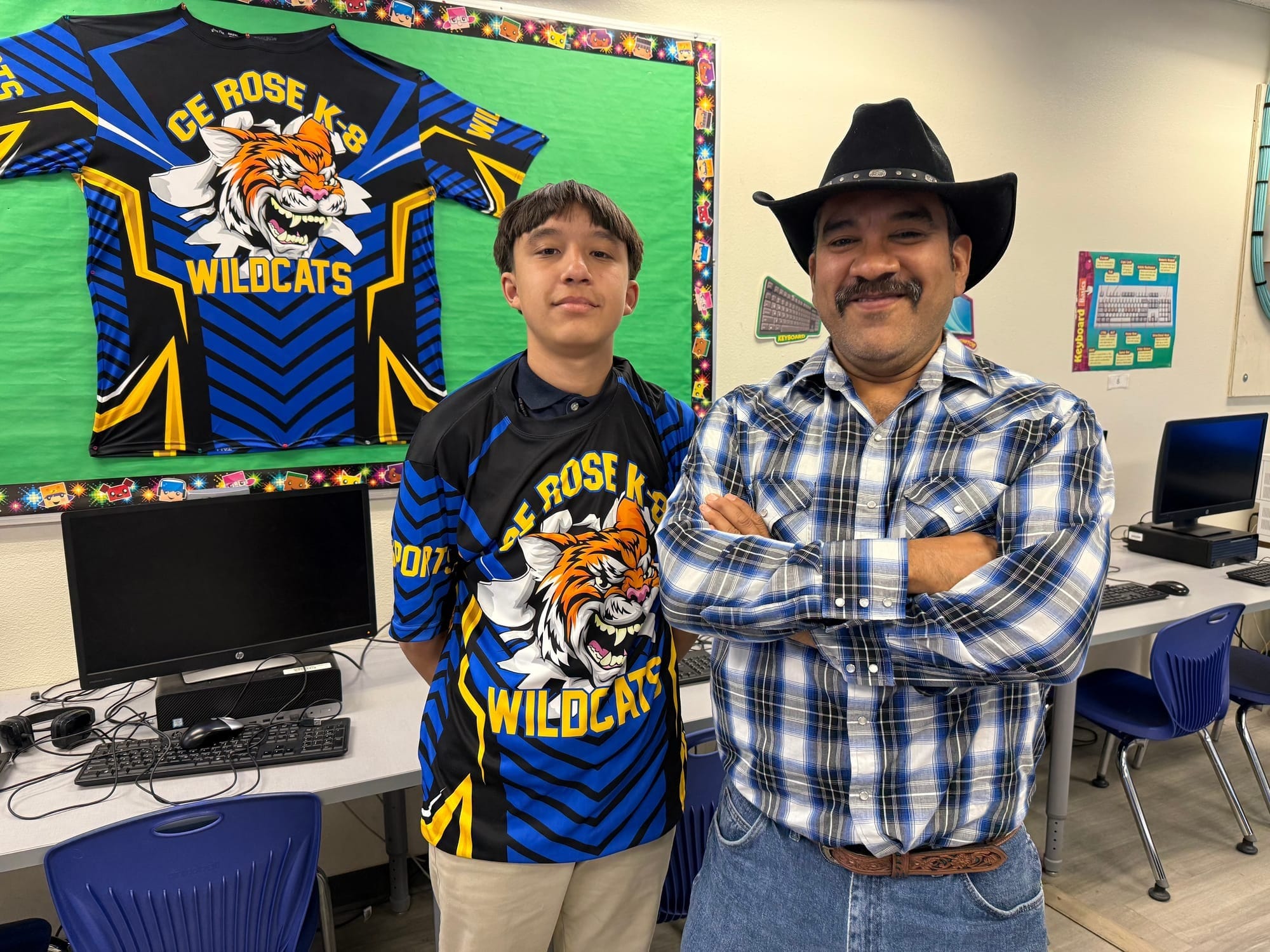
After receiving the green light from Principal Alma Carmona-Alday, Ortega launched C.E. Rose’s esports team, which now includes around 40 student e-athletes.
Each year, more students show interest, and the school has begun encouraging participation from younger grades.
“Our teachers are really holding them accountable in the classroom for their behavior and academics in order to participate,” Carmona-Alday said.
Students compete in games like Rocket League, Mario Kart and Super Smash Bros. While many competitors come from well-funded schools with access to high-end gaming equipment, Carmona-Alday said C.E. Rose proves that talent and determination don’t depend on ZIP codes.
“A lot of our students are on free and reduced lunch, and they can do just as well as any other kid regardless of what side of town they’re on,” she said.
One standout e-athlete, Leo Granillo, took on middle school competitors from across the country in Super Smash Bros. Ultimate solo play. He ended the season as the first C.E. Rose student to break into the top 50 in the U.S.
Granillo wrapped up his season with a major victory in the Gold Cup Division, a national championship bracket for players ranked 26th through 50th.
“He won the event in the computer lab while his entire class sat behind him and cheered him on to victory,” Ortega said. “We can't wait to see what he continues to do in the next few years.”
One of the key figures behind the team’s success in Rocket League is Steven Taggart, an eighth grade teacher and coach.
Taggart, who also led the school’s soccer team to a district championship this year, has helped coach C.E. Rose’s top Rocket League teams as they now battle for a national title.
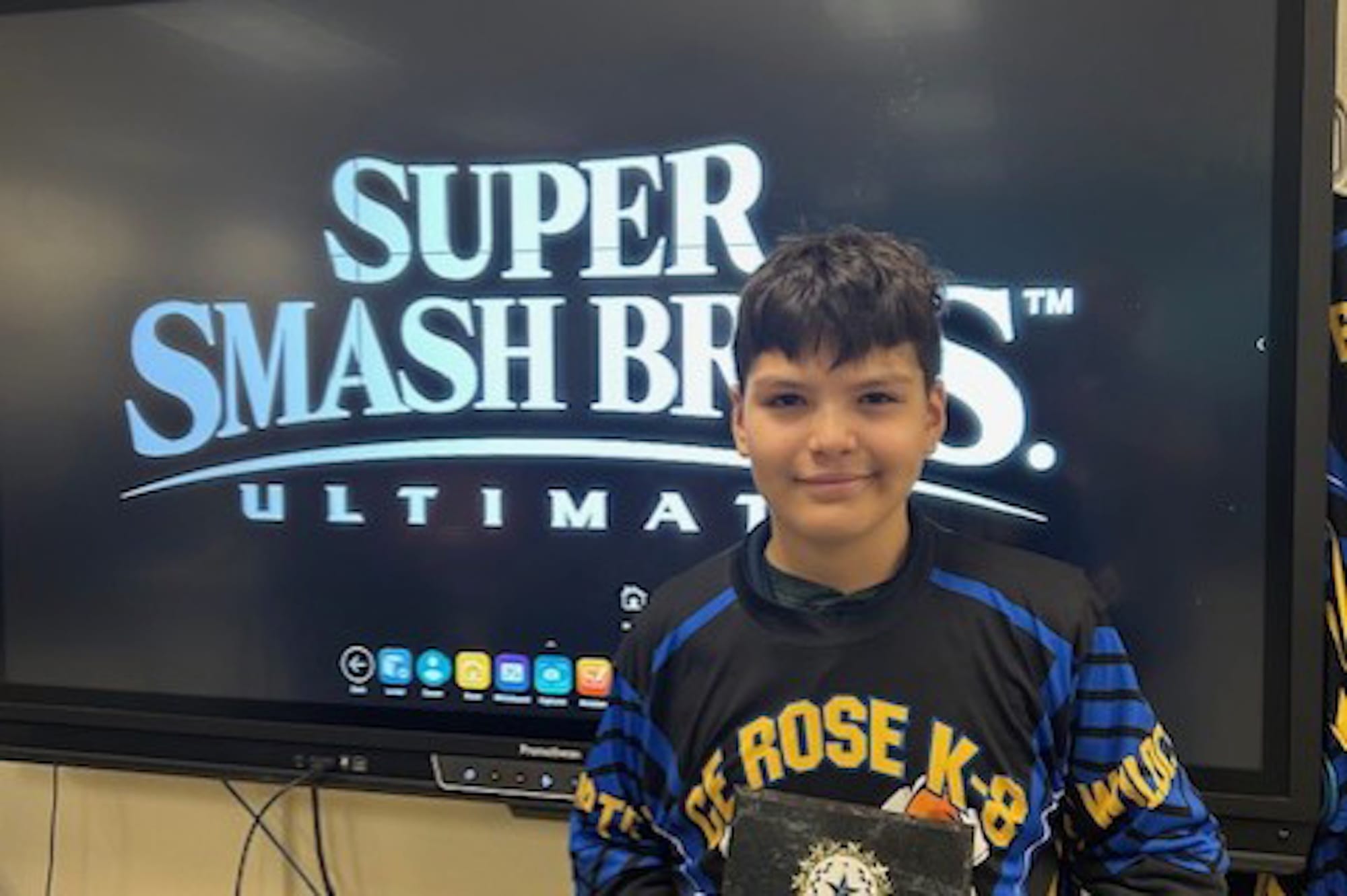
The program is committed to equity and inclusion, welcoming students with disabilities, exceptional education learners and girls to join the growing roster.
Exceptional education teacher Neil Norzagaray, who serves as assistant esports coach, said the program has also helped students build confidence and emotional maturity.
“Some of the students have social, emotional and behavioral difficulties,” Norzagaray said. “This gives them a great platform to practice losing and controlling their emotions.”
About 30% of his students have joined the team, and that number continues to grow each semester.
The sport is evolving with other schools in the Tucson area, including Catalina and Pueblo high schools, launching their own esports teams.
“I think it should be bigger and there should be more opportunities than there are,” Ortega said.
He sees esports as a potential pathway to college scholarships and careers in tech-related fields like cybersecurity, game development, computer science and marketing.
“It’s not just about playing video games,” he said. “They’re learning to think strategically, solve problems and adapt on the fly, which are all real-world skills.”
Jon Bialis, a donor to the Educational Enrichment Foundation who supports esports programs at Utterback Middle School, said he was initially skeptical of gaming in schools — until he learned about the impact.
“I would encourage people, if they’re skeptical, to take a look at what the benefits are and realize that it’s much more than just playing a video game,” Bialis said. “What programs like this do is open minds up to what possibilities there are and get [students] excited about their education and possible career choices.”
Isabela Gamez is a University of Arizona alum and Tucson Spotlight reporter. Contact her at gamezi@arizona.edu.
Tucson Spotlight is a community-based newsroom that provides paid opportunities for students and rising journalists in Southern Arizona. Please support our work with a paid subscription.


